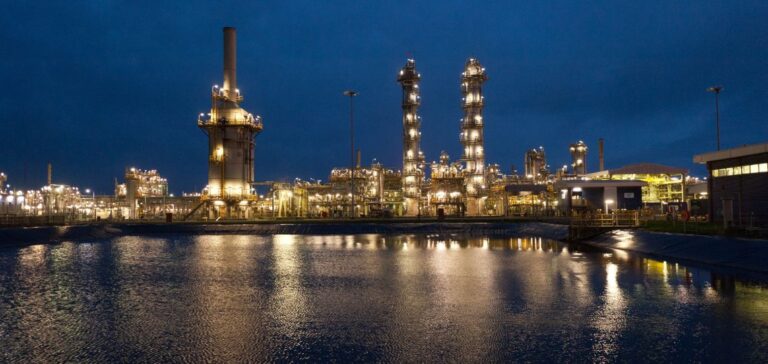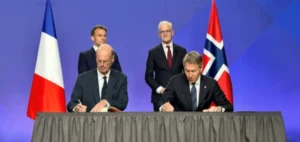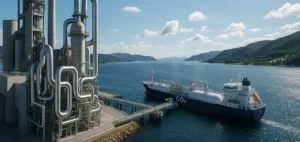Shell has decided to withdraw from the Northern Endurance Partnership (NEP), one of the largest carbon capture and storage(CCS) projects in the UK.
Shell shifts strategy to focus on Acorn CCS project in Scotland
The decision is part of Shell’s strategy and portfolio review, and the company will instead focus on the Acorn CCS project in Scotland, where it is the technical developer.
The NEP project, led by BP, aims to develop infrastructure to transport and store up to 20 million tons of CO2 per year from industrial clusters in Teesside and Humberside to beneath the seabed in the southern North Sea by 2030. The project could account for at least half of the 20 to 30 million tons of CO2 that the UK aims to capture annually by 2030.
TotalEnergies of France and Equinor are also partners in the NEP project, while National Grid has already exited. NEP has confirmed that Shell and National Grid have relinquished their interests, which were acquired by BP and Equinor.
The remaining NEP partners continue the project with BP and Equinor as the main partners
Despite its withdrawal from the CIP, Shell remains committed to helping the UK government achieve its goal of establishing four industrial CCS clusters by 2030. The company’s CEO, Wael Sawan, has conducted a review of several of the group’s emerging low-carbon businesses since he took office in January.
National Grid is also in discussions with the NEP project partners about the sale of the Humber onshore pipeline project to its remaining partners. The withdrawal of Shell and National Grid is a setback for the NEP project, but the acquisition of their interests by BP and Equinor will provide some stability and continuity.
Thus, Shell’s decision to withdraw from the NEP project is a significant development for the UK’s CCS ambitions, but the company’s commitment to the Acorn CCS project and the UK government’s CCS objectives remain intact. The NEP project will continue with BP and Equinor as the lead partners, and National Grid is in discussions with the remaining partners regarding the sale of the Humber onshore pipeline project. The UK’s CCS efforts are critical to achieving net zero emissions, and the successful development and deployment of CCS technology could play a crucial role in the country’s transition to a low-carbon economy.





















